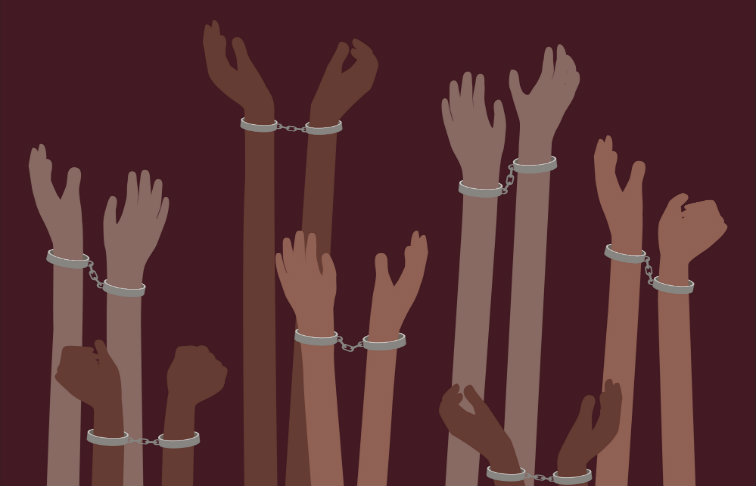Trafficking in Women in Today's Ukraine
June 12, 2009
Center for Urban History, Lviv
In Ukraine, human trafficking on its current scale appeared in the late 20th century, after the disintegration of the USSR. The brutality of social and economic conditions, Ukraine's particular geographic location, as well as "chaos" on the borders led to Ukraine becoming a donor and a transit country for "live merchandise." Trafficking in women and children has become of special concern. Today, Ukraine ranks among the first on the list of countries supplying "live merchandise" for the sex industry.
Center held a roundtable discussion dedicated to the issue of women trafficking in Ukraine. The Center organized this discussion in the framework of the international conference "Sex in the Cities: Prostitution, Sexual Slavery and Sexual Minorities in Central and Eastern Europe."
Participating in the discussion were
Taras Hatalyak, assistant to the Minister of Internal Affairs on human rights issues
Bohdana Huriy, Assistant Professor at the Department of Sociology and Social Work at the "Lvivska Politekhnika" National University
Oleksandra Sluzhynska, Head of the SALUS Charity Fund
Marta Chumalo, Project Coordinator of the Western Ukrainian center "Female Perspectives"
Ihor Hnat, Head of the Regional Center for Social Adaptation.
The discussion was moderated by Sofiya Dyak, a researcher at the Center for Urban History.
The roundtable discussion centered on the problem of "white slavery," both in the modern world and in historical context. This meeting also became a platform for exchanging opinions among local authorities, NGOs and researchers from different countries who came to Lviv for the conference. Most conference participants were historians representing universities of the United States, Germany, Austria, Belgium, Canada, the United Kingdom, the Czech Republic, Poland and Ukraine.
In the course of the roundtable discussion, Bohdana Huriy presented the results of two sociological surveys held in Lviv in 2007-2008: "Attitude of Youth in the Lviv Region to Human Trafficking" and "The Role of Family and the Department of Youth Affairs in Raising Legal Awareness About Counteracting of Human Trafficking."
Taras Hatalyak outlined the legal aspects of Ukrainian legislation that fights human trafficking, and also described statistics of court cases in the Lviv region associated with various aspects of "white slavery."
Three NGO representatives presented their activities and the problems they encountered most often. Oleksandra Sluzhynska, Ph.D. in Medicine, discussed new activities of the SALUS Charity Fund directed at rehabilitating women previously involved in the sex trade. Marta Chumalo presented the primary projects of of the Western Ukrainian center "Female Perspectives," which has been helping victims of human trafficking for many years now. Chumalo especially highlighted the activities of the center that work towards preventing these illegal activities. Ihor Hnat shared his own experience not only in rehabilitating victims of human trafficking in the Regional Center for Social Adaptation, but also discussed the unique campaigns to liberate Ukrainian women who find themselves in sex slavery in countries of the European Union.
